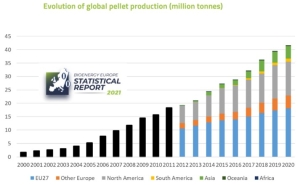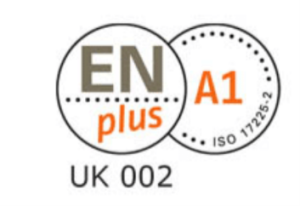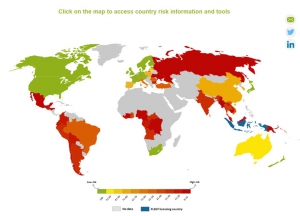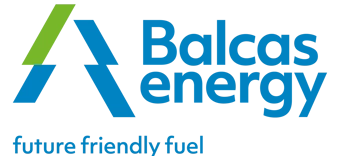Do you know where your wood pellets are produced?
Scientists declared a climate emergency, driving global wood pellet production and use to reduce reliance on fossil fuels like coal, oil, LPG, and gas. Wood pellets offer a carbon-neutral alternative for various applications, including:
•Space and process heating
•Cooking on wood pellet-fired ranges
•Outdoor uses like BBQs, pizza ovens, and patio heaters
•Secondary space heating with pellet stoves

Global wood pellet production has more than doubled in the past decade, surging recently due to the UK’s ban on Russian imports.
Not all wood pellets are the same, they vary in colour, diameter, and wood type (virgin or recycled), affecting their characteristics. Key factors include ash content, calorific value, and durability, which influence dust (or fines) levels during transport.
Main factors to consider when choosing your source of wood pellets

Why ENplus A1 Certification Matters for Wood Pellet Quality
Wood pellet quality affects performance, efficiency, and emissions. The ENplus A1 certification is the leading international standard, ensuring high-quality, contaminant-free pellets.
Key Benefits of ENplus A1 Wood Pellets
•Made only from virgin wood fibre, preventing harmful emissions from contaminants like paint or varnish.
•Consistent ash content, calorific value, and durability for optimal heating performance.
•Covers both production and delivery, ensuring quality from manufacturing to your boiler.
To guarantee quality, buy from ENplus A1-certified producers and distributors, who display the ENplus A1 logo on invoices and documentation.

Ensuring Sustainable Wood Pellet Production
Sustainability is essential in wood pellet manufacturing, ensuring all materials come from responsibly sourced wood.
Our Commitment to Sustainability
•We use only sustainably sourced materials for pellet production.
•Our manufacturing process runs on 100% renewable energy (heat and electricity) generated at our own sites.
Watch how we ensure sustainability in our production.
In GB the Government has a biomass suppliers list that is a measure of sustainability and all wood fuels used to claim RHI must be accredited to this standard.

How to Ensure Sustainable Wood Pellet Sourcing
A key global measure of sustainability is the Preferred by Nature timber sourcing hub (view here). This NGO conducts regular audits to assess timber supply sustainability across regions.
What They Check
•Legality of harvesting, exports, and employment
•Protection of species and forests
•Ethics, corruption, and health & safety
Understanding Sustainability Scores
•Low-risk countries (100/100, green) – UK, Ireland, USA
•Higher-risk countries (low scores, orange/red) – Russia, Brazil, Nigeria, India
What You Can Do
•Ask your supplier about the sustainability of their wood fibre.
•Choose locally grown wood fibre in locally produced wood pellets.
If you would like any additional information, please check our FAQ section.
ENplus Wood Pellet Suspension Ending as UK Market Restructures
In early 2022, the UK Government temporarily suspended the requirement for GB users to use ENplus A1 wood pellets for RHI payments. This allowed domestic users and small biomass boiler owners to access alternative pellets during supply shortages.
With supply chains now reorganized, the Department for Energy Security and Net Zero (DESNZ) has announced the suspension will end on 22nd November 2023.
What This Means for You
•If using non-certified wood pellets, you must use up all stock before 22nd November 2023 to remain eligible for RHI payments.
•To qualify for future RHI payments, you must use ENplus A1 wood pellets and obtain a BSL number.
Thank You,
Balcas Energy


